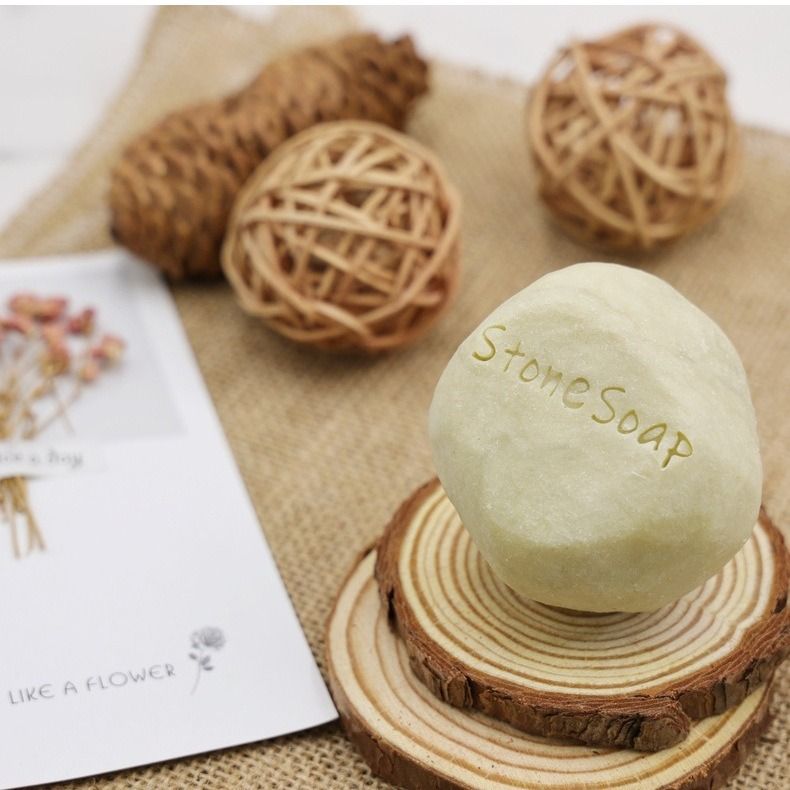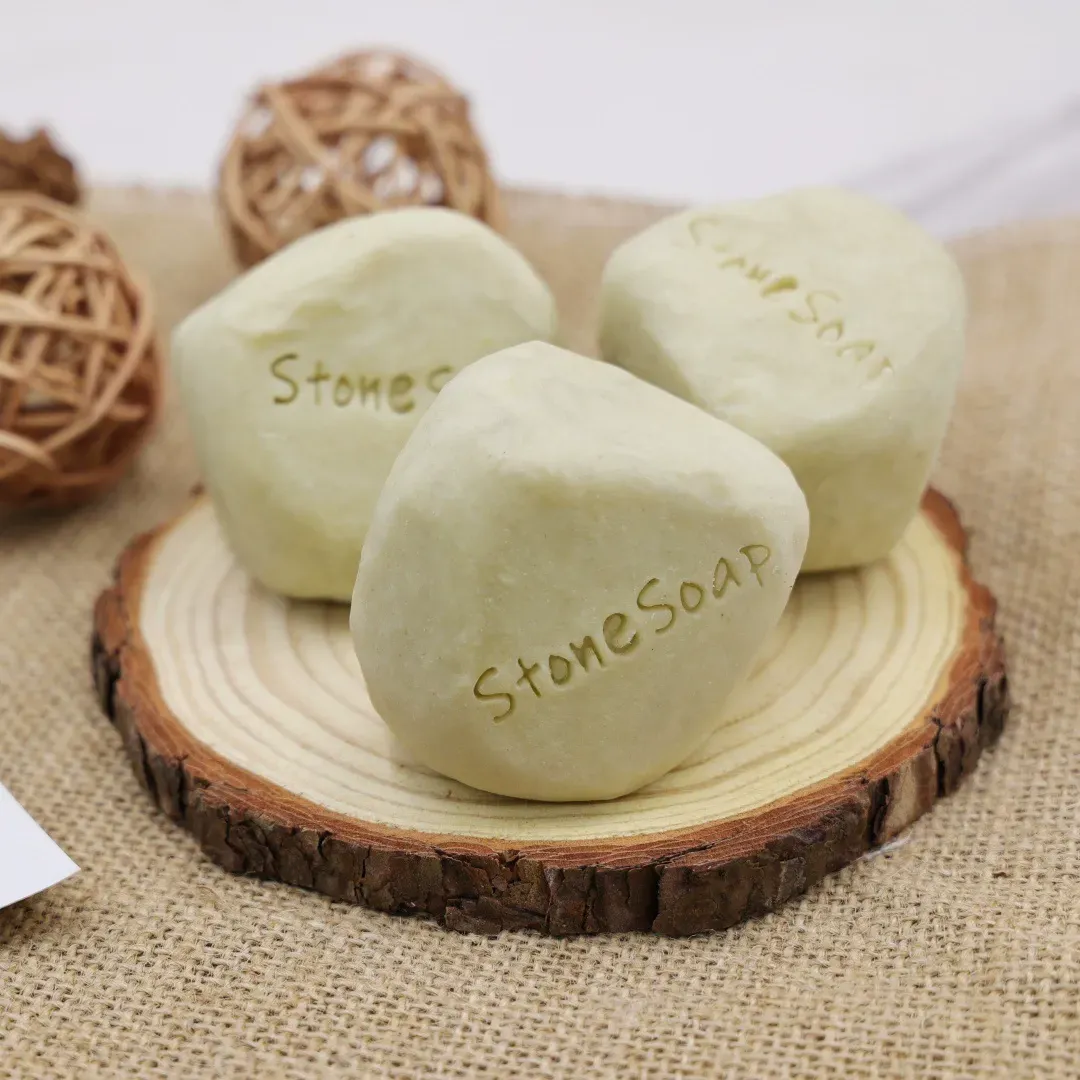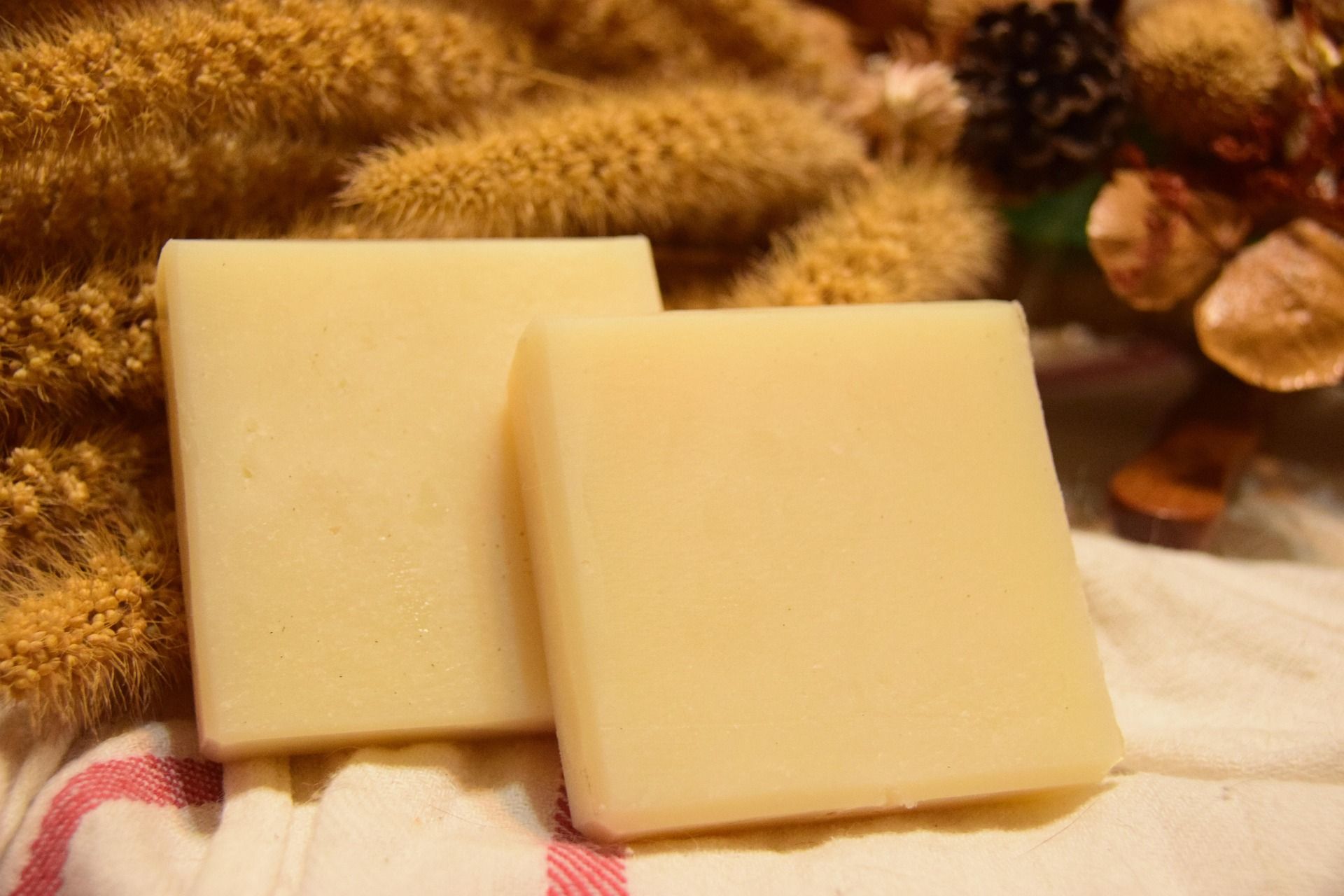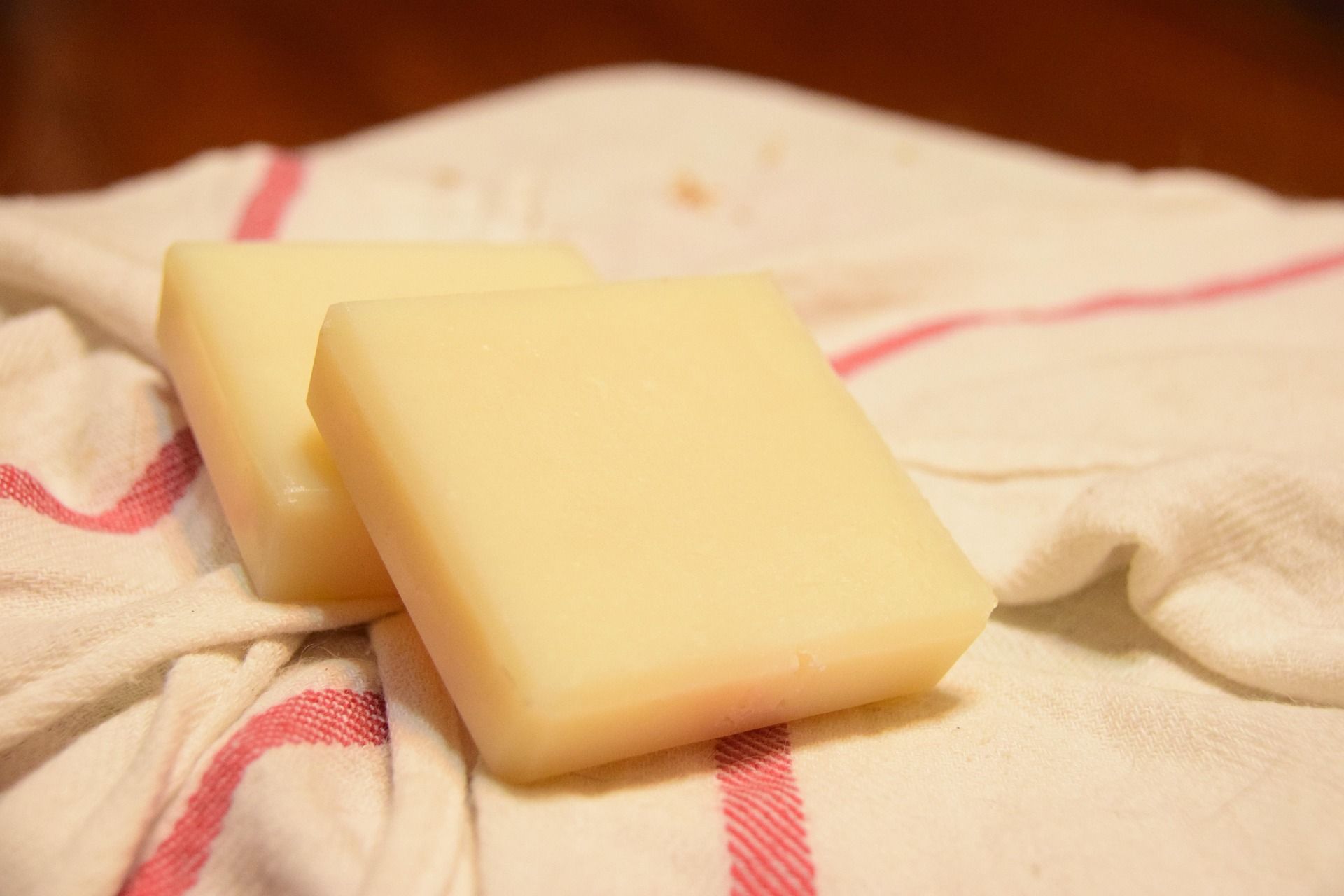In recent years, Goat Milk Soap has become a star in the natural skincare world, celebrated for its gentle and moisturizing properties. However, a quietly rising contender—Sheep Milk Soap—is now challenging goat milk's dominance with its superior nutritional density.
While both are "milk soaps" and are known for being mild, deeply hydrating, and suitable for sensitive skin, they have subtle yet crucial differences in their key ingredients and the experience they offer your skin. Today, we'll dive deep into these two natural artisan soaps to help you find the ultimate "Moisture King" for your skin type.
🔬 Core Ingredients Showdown: A Clash of Nutritional Concentration
The differences between goat's milk and sheep's milk directly determine the final efficacy of the soap they produce.
1. Fat Content & Moisturizing Power: Sheep Milk Wins Out
Sheep Milk: Fat content often reaches 6% or even higher.
Goat Milk: Fat content is typically less than 4%.
The Verdict: Sheep milk contains nearly twice the fat of goat milk. Higher fat content means more natural fatty acids are retained during the saponification process, offering the skin deeper, more lasting hydration and moisture retention. If intense hydration is your main concern (especially for extremely dry skin), sheep milk soap may be the better choice.
2. Vitamins and Minerals: Sheep Milk is Denser
Sheep Milk: Contains a higher concentration of vitamins A, B, and E, as well as minerals like calcium, phosphorus, and potassium. The overall nutritional density of sheep milk is significantly higher than that of goat milk.
Goat Milk: Rich in Vitamin A and B-complex vitamins, making it a great source of nourishment.
The Verdict: The more concentrated nutrients in sheep milk provide the skin with a highly efficient "multi-vitamin boost," which is beneficial for repairing and maintaining the skin barrier.
3. Gentle Exfoliation: Goat Milk Holds the Edge
Goat Milk: Naturally contains Lactic Acid, a gentle Alpha-Hydroxy Acid (AHA). Lactic acid helps to gently exfoliate dead skin cells from the skin's surface, which can help brighten the complexion and make skin smoother.
Sheep Milk: Also contains lactic acid, but its pH level is typically higher (closer to neutral) than goat milk.
The Verdict: If you are looking for a mild exfoliating effect alongside cleansing, Goat Milk Soap is more pronounced in this aspect.
4. Scent and Lather Texture
Sheep Milk Soap: Due to its high fat content, it produces an extremely rich, dense, and creamy lather with an almost buttery texture, offering a very luxurious cleansing experience.
Goat Milk Soap: The lather is also fine, but typically lighter and smoother, making it a popular choice for shaving soaps.
🧴 Choosing Your Soap: Matching Efficacy to Skin Type
🌟 Final Thoughts: Making Your Choice
If your skin is extremely dry, rough, needs intense moisture retention, or barrier repair, or if you crave the feeling of a luxurious, creamy lather, choose Sheep Milk Soap.
If your skin is generally sensitive, prone to redness, and needs gentle daily cleansing with a mild brightening/exfoliating benefit, choose Goat Milk Soap.
Regardless of which milk soap you choose, remember: The quality of the soap largely depends on the crafting method (Cold Process is often best) and the base oils used. Opt for soaps made with high-quality plant oils like olive, shea butter, or coconut oil to ensure the milk's nutrients are maximally preserved and utilized.




